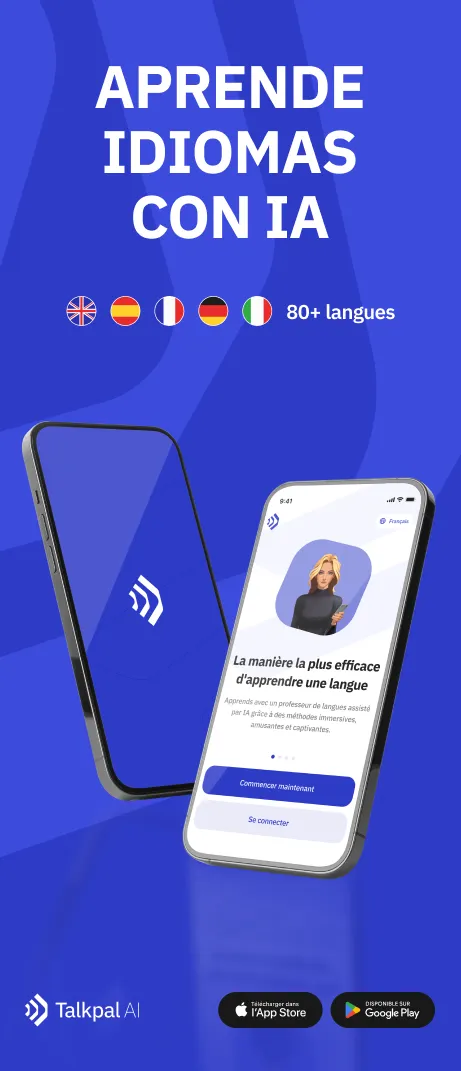Exercise 1 : Complétez avec le futur parfait simple
2. She *will have left* before you arrive. (Indice : action déjà accomplie avant une arrivée future)
3. By the time we get there, the movie *will have started*. (Indice : le film commencera avant notre arrivée)
4. In two hours, he *will have completed* his homework. (Indice : devoir achevé dans un délai futur)
5. They *will have built* the bridge by the end of this year. (Indice : construction terminée avant la fin de l’année)
6. You *will have learned* a lot by the end of the course. (Indice : apprentissage terminé à une échéance future)
7. We *will have lived* here for ten years next month. (Indice : durée de séjour accomplie dans le futur)
8. The teachers *will have graded* all the exams by Friday. (Indice : correction terminée avant vendredi)
9. She *will have cooked* dinner by the time we get home. (Indice : repas terminé avant le retour)
10. I *will have read* the book by tomorrow. (Indice : lecture finie avant demain)
Exercise 2 : Utilisation du futur parfait simple dans différents contextes
2. By next summer, he *will have saved* enough money. (Indice : argent économisé avant une échéance future)
3. She *will have written* her report by then. (Indice : rapport rédigé avant un point dans le futur)
4. In ten years, many people *will have forgotten* this event. (Indice : événement oublié après une longue période)
5. By the time you call, I *will have left* the office. (Indice : départ effectué avant l’appel)
6. They *will have reached* the top before sunset. (Indice : but atteint avant un moment donné)
7. I *will have eaten* lunch by the time you arrive. (Indice : repas fini avant un événement futur)
8. The plane *will have landed* by midnight. (Indice : action achevée avant minuit)
9. We *will have sold* all the tickets by next week. (Indice : tâche accomplie avant une échéance)
10. She *will have become* a doctor when she finishes her studies. (Indice : état accompli dans l’avenir lorsque les études se termineront)










